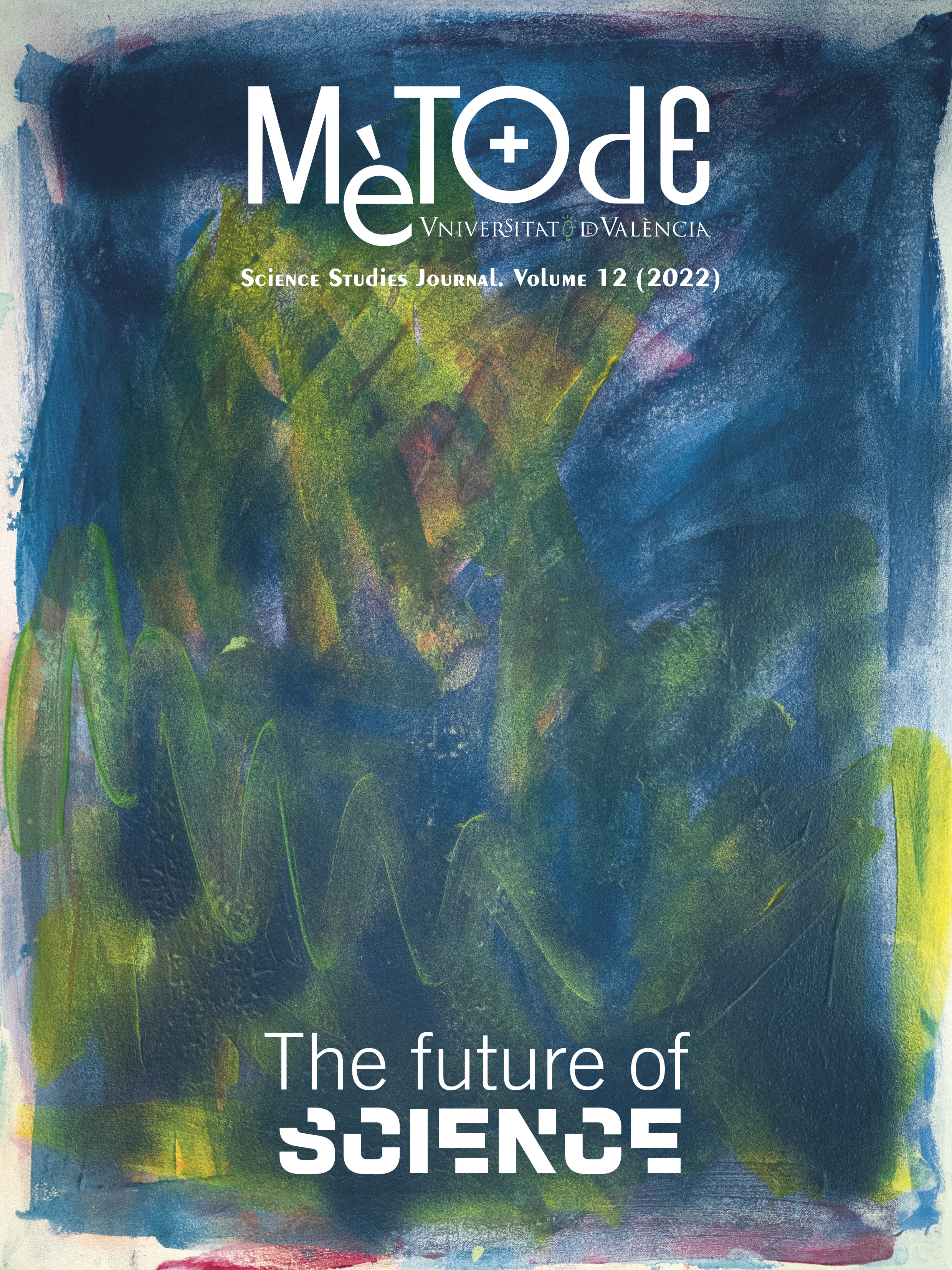Editorial
DOI:
https://doi.org/10.7203/metode.12.23736 Abstract
Abstract
The last two years have undoubtedly been marked by the COVID-19 pandemic. While 2020 was the year in which we discovered SARS-CoV-2 and its consequences for human heath, economy, and our way of life in general, 2021 was the year of the vaccines. We have now started a more hopeful 2022, precisely because of the positive impact of the vaccination effort. Vaccination has also evidenced a two-fold duality: on the one hand, between the countries that have had access to the vaccine and those where it is not yet accessible. This has highlighted the lack of solidarity in a world where local events lead to global consequences. On the other hand, however, we have also witnessed an internal duality in countries that have monopolised vaccination resources: among those who had access to vaccines, anti-vaccination and anti-science movements have emerged that have undermined vaccination effectiveness. Hence, while in Spain more than 80 % of the population has received the COVID vaccine (with percentages close to 100 % among the elderly and other groups most vulnerable to the disease), in the USA and other European countries, reluctance to vaccinate has led to the governmental vaccination plans stalling. This paradox has meant that countries with large reserves of vaccines still have high percentages of unvaccinated citizens, while in some parts of the world vaccination coverage is still below 3 %.
 Downloads
Downloads
Downloads
Published
How to Cite
-
Abstract543
-
PDF761
Issue
Section
License
![]()
All the documents in the OJS platform are open access and property of their respective authors.
Authors publishing in the journal agree to the following terms:
- Authors keep the rights and guarantee Metode Science Studies Journal the right to be the first publication of the document, licensed under a Creative Commons Attribution-NonCommercial-NoDerivatives 4.0 International License that allows others to share the work with an acknowledgement of authorship and publication in the journal.
- Authors are allowed and encouraged to spread their work through electronic means using personal or institutional websites (institutional open archives, personal websites or professional and academic networks profiles) once the text has been published.





